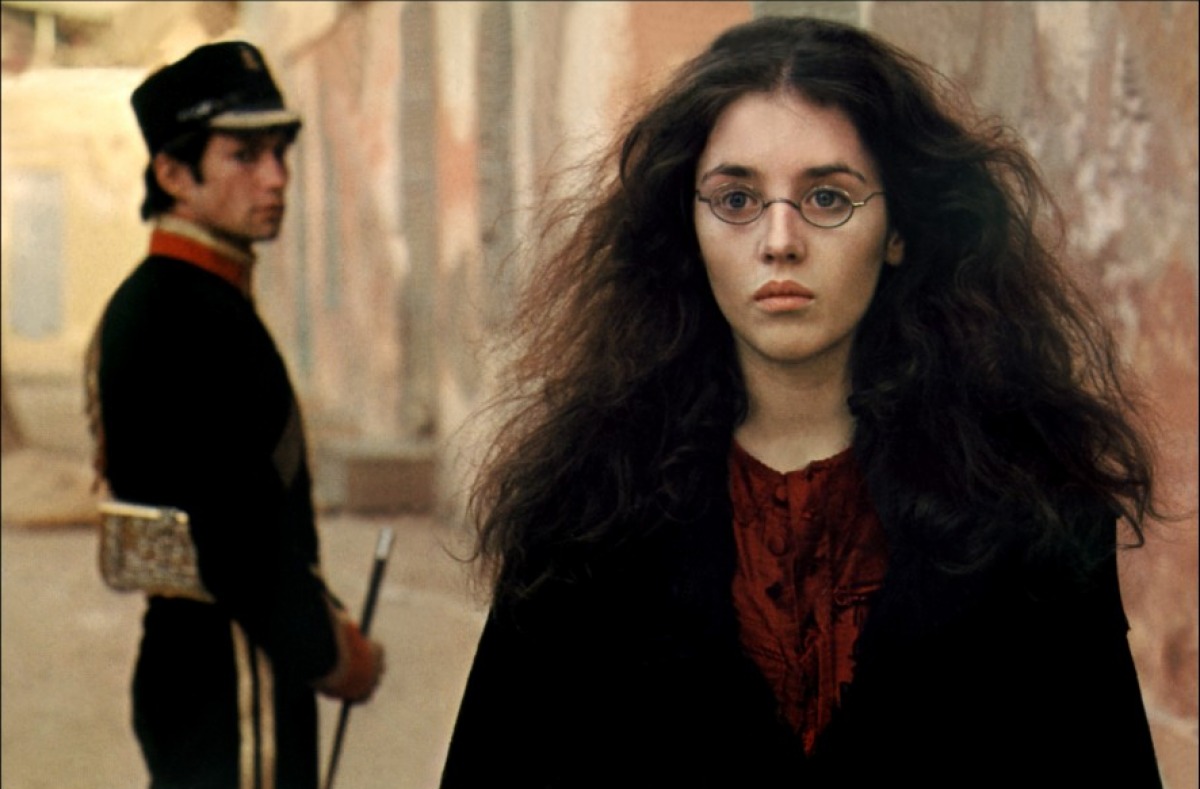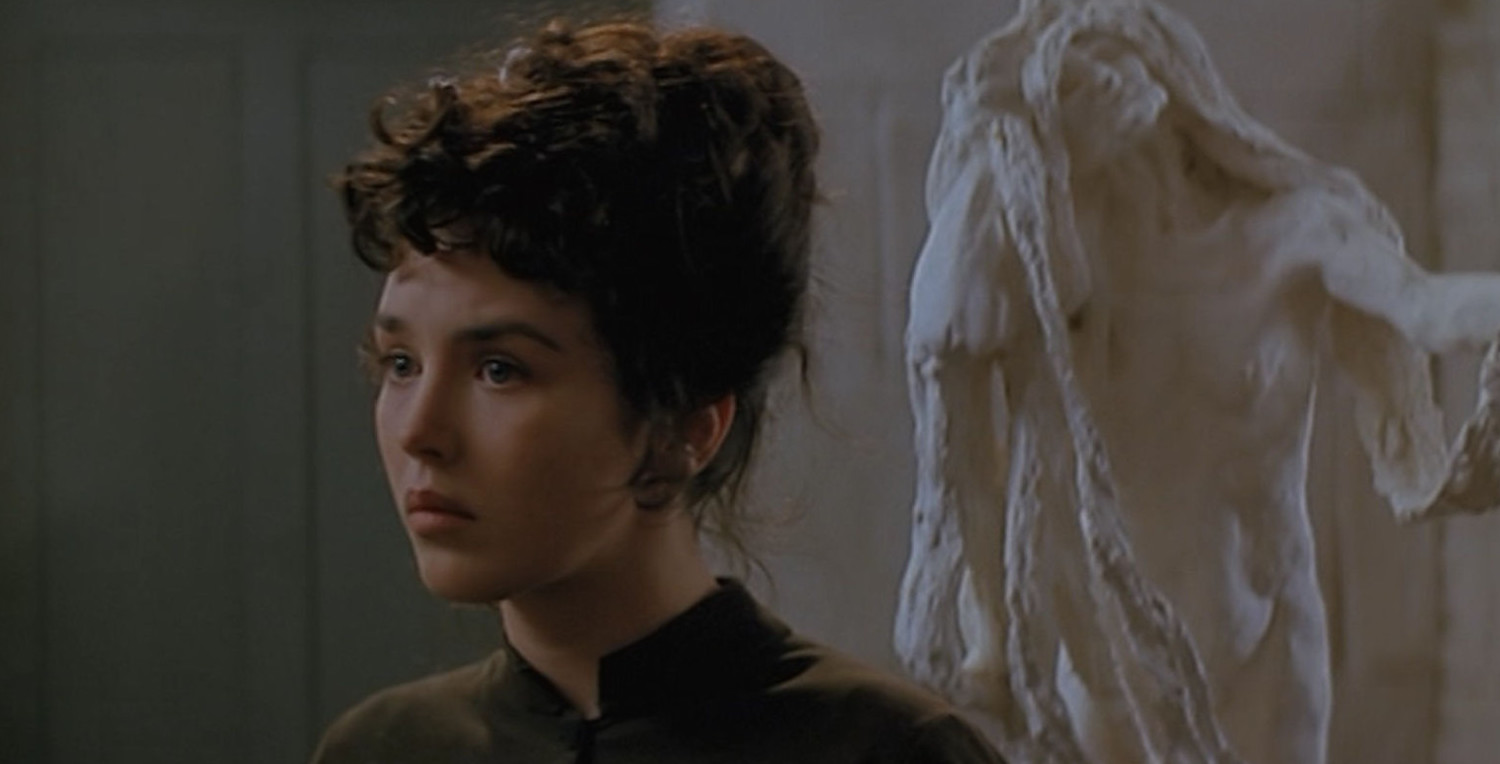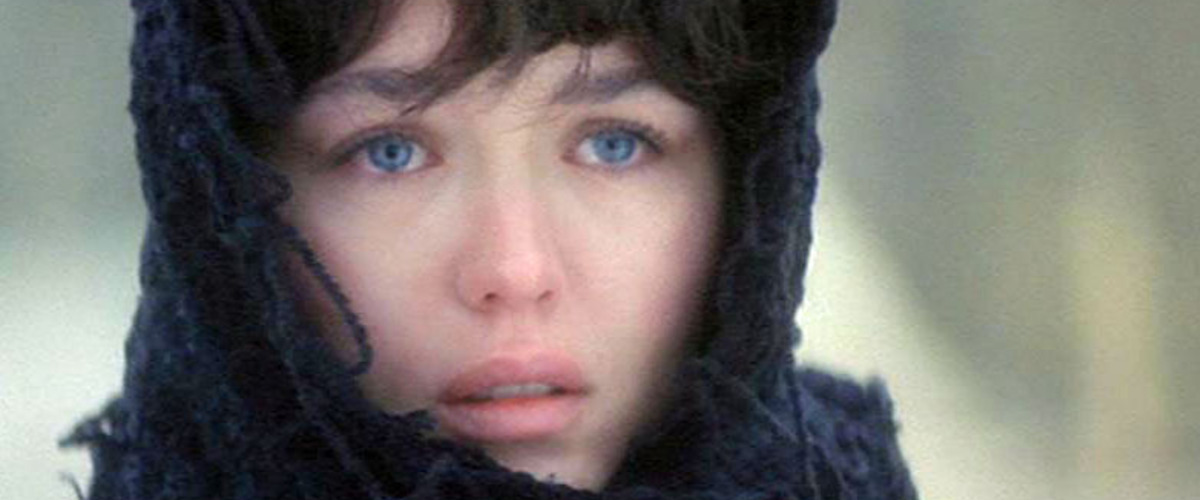abstew here. With her second nomination for Two Days, One Night, Marion Cotillard joins a small but prestigious group of actresses that received both their Best Actress nominations for foreign language performances. We previously discussed Sophia Loren and Liv Ullmann so let's close out the series with French cinematic royalty...
Isabelle Adjani
after the jump
Best Actress 1975 nominee: The Story of Adèle H. (dir. François Truffaut) Winner: Louise Fletcher One Flew Over the Cuckoo's Nest Other nominees: Ann-Margret Tommy, Glenda Jackson Hedda, Carol Kane Hester Street
Best Actress 1989 nominee: Camille Claudel (dir. Bruno Nuytten) Winner: Jessica Tandy Driving Miss Daisy Other nominees: Pauline Collins Shirley Valentine, Jessica Lange Music Box, Michelle Pfeiffer The Fabulous Baker Boys
It is perhaps no surprise that of the 19 foreign language performances nominated for Best Actress, 8 of them have been for performances in French. France has had more films nominated for the Best Foreign Language Film Oscar than any other country (although it is two behind Italy for most wins in the category). And half of those French Best Actress nominations consist of double nominations by two actresses, Marion Cotillard and Isabelle Adjani.
When Adjani received her first Best Actress nomination for playing Victor Hugo's daughter, who forms an obsessive and delusional attachment to a former love, in The Story of Adèle H. at the age of 20, she became the youngest Best Actress nominee at that time. She held on to that title for almost 30 years, until Keisha Castle-Hughes in 2003 for Whale Rider. Working with the celebrated French director Truffaut, who worked on this film version of Adèle Hugo for almost 6 years, he has stated that there was simply no other actress that could have played the character like Adjani.
It's a fascinating performance, made even more interesting knowing that the events of the film and the characters were real. Victor Hugo's youngest daughter met a British army officer while living with her family in exile. After she refused his offer of marriage, she become fixated on winning him back, despite his eventual indifference toward her. When he was transferred to Halifax, Nova Scotia, she followed him across the ocean to be with him. Even following him to Barbados, where she finally lost her mind, wondering the streets in rags. She was eventually reunited with her father and lived the rest of her life in an insane asylum. Adèle kept a journal which she wrote in a secret language, scrambling words she felt were too intimate for others. In 1969, an American scholar had successfully encrypted Adèle's writings and Truffaut, using her own words, became infatuated with bringing her story to life.

Despite only being 19 at the time of filming, Adjani is remarkably poised, her assured performance belying her young age. She had been working as a classical actress in France's prestigious Comédie-Française when Truffaut cast her. And her classical training lent itself well to Adèle, whose theatricality, whether reciting her journal entries aloud before a mirror or dressing up in menswear to spy on her unrequited love, gives the girl's tragedy a romantic nobility. Adjani, wanting to capture the fragile and precarious nature of Adèle and her rapid loss of reality, would scream herself hoarse in the shower the night before filming, the actress' commitment to the role almost as intense as Adèle's love for her lost officer.
The year before Ullmann and Barrault were both nominated for foreign language performances, Carol Kane's performance almost entirely in Yiddish for Hester Street joined Adjani's French performance - making that two years in a row that two of the 5 nominated actresses were for foreign language performances. But both women lost to Louise Fletcher's iron-jawed Nurse Ratched in that year's Best Picture winner. Although Fletcher gives a brief but memorable performance (and perhaps should have won in supporting), Adjani's work as Adèle Hugo is haunting and is my choice for Best Actress that year.
Adjani didn't receive another nomination again until almost 15 years later for playing the sculptress Camille Claudel, who was involved romantically and professionally with Rodin in the 1880s. It's interesting to note the similarities between the two characters Adjani portrayed to receive her nominations. Both are real-life French women that excelled in the arts, but where overshadowed by a more prominent male figure in their lives that were known in the same field. Both women lived the later years of their lives institutionalized. (Although Hugo was a schizophrenic, which ran in her family - her uncle was also afflicted. It can't be certain that Claudel, who destroyed most of her work and was given to moments of mental outbursts, necessarily was. Doctors told her family there was no need to keep her there and Claudel herself would write asking her brother why he would not release her.) But Adjani never feels like she's repeating herself with her performance as Claudel, giving another fully realized performance.

As Truffaut had worked years to bring Adèle Hugo's story to the screen, Adjani herself became consumed with making a film about Camille Claudel. There was renewed interest in Claudel in the 80s when several biographies were published and Adjani bought the rights to her story, receiving the blessing of the artist's family (and stopping the development of a rival project with Isabelle Huppert attached as Claudel). Adjani worked as a producer on the film and had the father of her child, cinematographer Bruno Nuytten, make his debut as a director.
The film is much more of a traditional biopic, following Claudel as a young sculptor (we are first introduced to her as she claws away at clay late at night, consumed with the power to create) and following her over several decades as she begins her affair with Rodin (played by Gérard Depardieu) and her eventual mental breakdown. It's astonishing that Adjani is able to play the sculptor as a young woman, all fresh-faced and passionate, and then age her with the burden of life's dissapointments and make the progression seem natural, knowing exactly how to play her at every stage in her life. If the film seems to meander a little, it is never due to Adjani who keeps us transfixed as she carves out a performance as elegantly as Claudel does one of her sculptures.
Adjani lost the Oscar that year to veteran actress Jessica Tandy in that year's Best Picture winner, Driving Miss Daisy. At the time, Adjani still held the title for youngest nominee in the category and Tandy had become the oldest with this performance (both have since been replaced for their respective title). And while Adjani was a worthy nominee, I still feel the Oscar that year should've gone to Michelle Pfeiffer's slinky lounge singer Susie Diamond in The Fabulous Baker Boys. But Adjani did win the French equivalent to the Oscar, the César Award, it was her third win for Best Actress of an eventual record-breaking five. Marion Cotillard just needs three more to catch up to her... With her Best Actress win and second nomination this year, Cotillard might now officially be the Academy's favorite French actress, but Adjani still reigns as France's acting Queen.

Have you seen Adjani's work?
Do you think Marion Cotillard could possibly be able to eventually score a third nomination for a foreign language performance, surpassing the three actresses we've discussed? Make like Adèle Hugo and write your thoughts below.

Previously: Sophia Loren and Liv Ullmann
